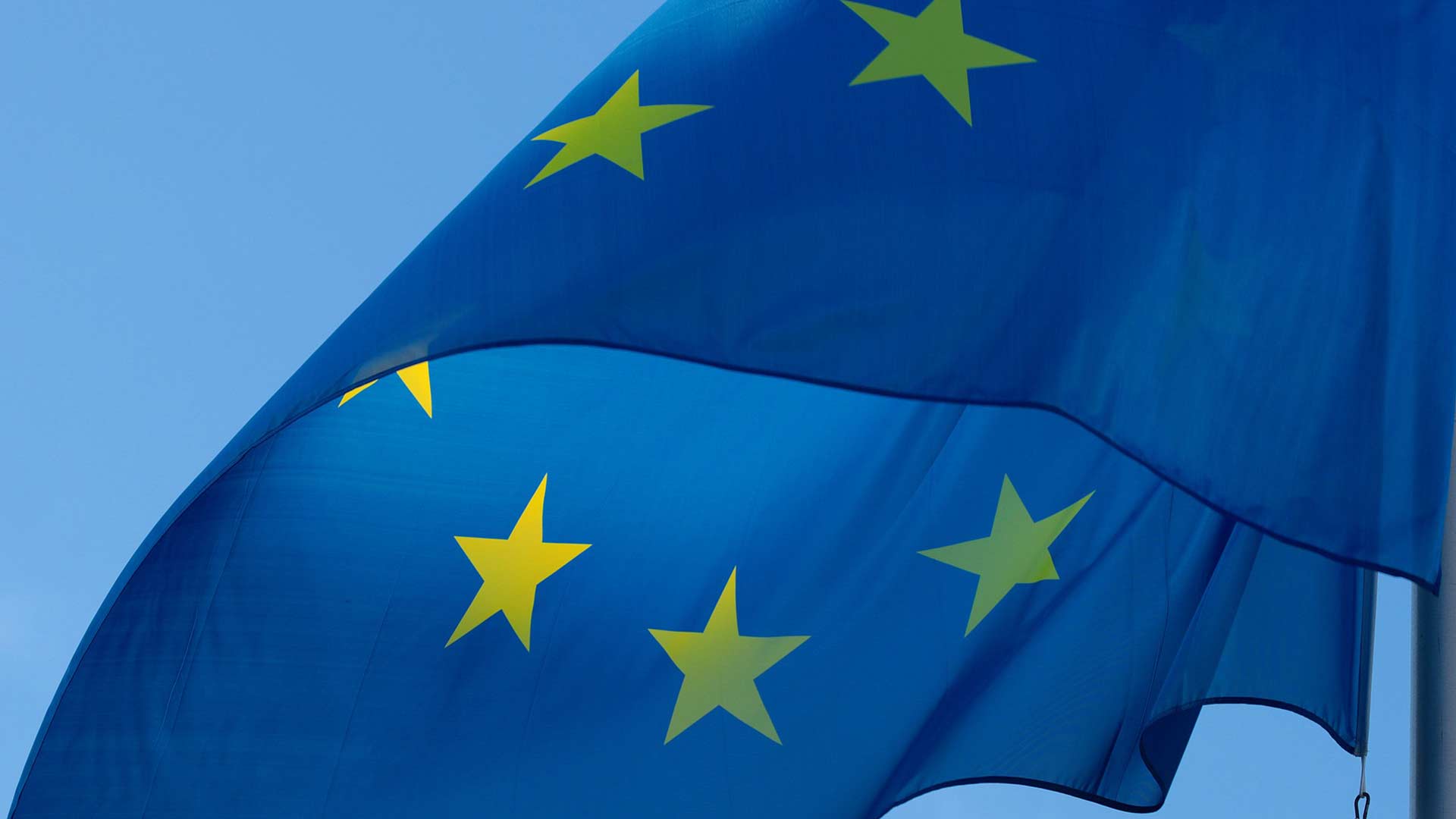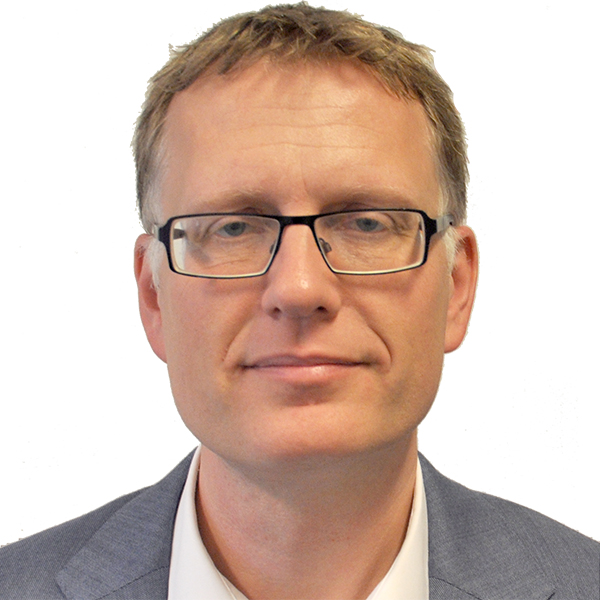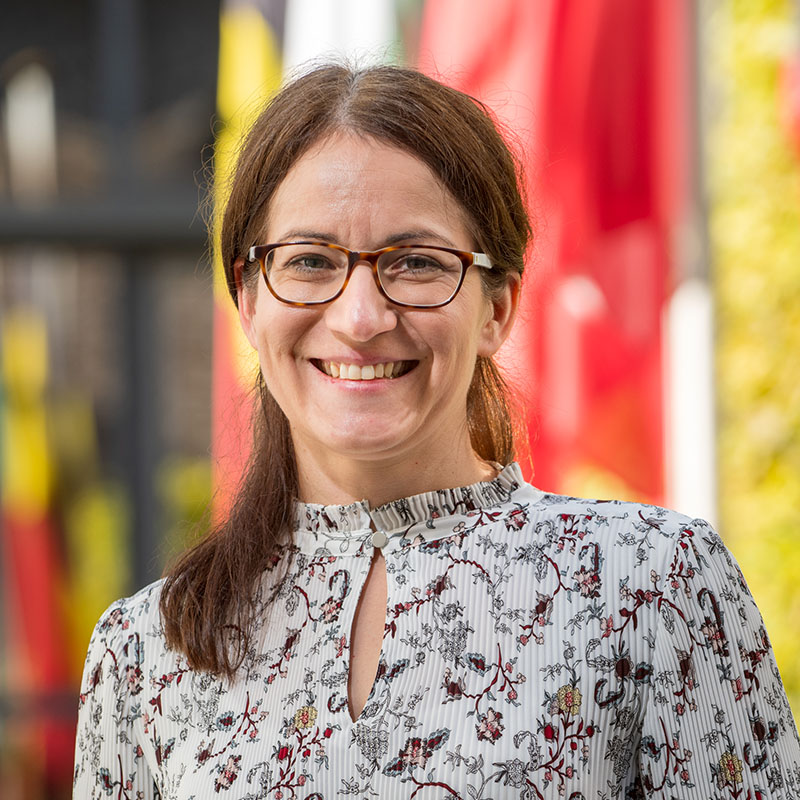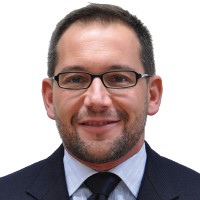
EU Environment Academy 2025
The Swedish Environmental Protection Agency announces that the EU Environment Academy 2025 is now open for applications. Montenegro will serve as the host country for this year’s edition of the course.
The EU Environment Academy will provide in-depth knowledge of EU accession and the integration of EU environmental legislation (Chapter 27). This course offers an unparalleled opportunity to engage with key topics, including the EU’s institutions, treaties, and directives, as well as the processes of enlargement, approximation, and accession. The content of Chapter 27 of the EU Acquis (waste management legislation, water protection legislation, climate change, horizontal legislation, biodiversity, etc) will be covered in detail through online live sessions comprised of lectures and interactive case-studies. The EU Environment Academy is also a unique opportunity for networking amongst professionals in the Western Balkans.
Key details of the 2025 course
Duration: March–December 2025, including a summer break.
Format: Primarily online via Zoom, complemented by two face-to-face events: one in Brussels (including visits to EU Institutions as well as the Swedish Permanent Representation to the EU), and one in Montenegro.
Language: English. Good command of the English language is a requirement.
Participation costs: Fully covered by the Swedish Environmental Protection Agency, including costs related to the face-to-face events. Employers are expected to allocate work time and provide necessary technical equipment, including computer cameras.
Workload: Approximately 10 hours per week, including lectures, assignments, self-studies, and exam sessions.
Structure: The course is structured into 3 modules. Module 1 covers the functioning of the EU, including treaties, legislation, executive acts, jurisprudence of the Court of Justice of the EU, and the institutional framework of the EU. Module 2 covers the entire accession process, from screening of legislation and the negotiation phase, to the conclusion of the Accession Treaty. Module 3 covers the entirety of the content of Chapter 27, namely the legislation related to the environment and climate change.
Participants who successfully complete the course will receive a certificate and gain access to our alumni network, fostering connections and knowledge sharing within the field of environmental governance and implementation of EU environmental legislation.
For further information, contact us directly at EUacademy@swedishepa.se
You can also reach out to Jessica Henecke for more information at jessica.henecke-dahl@swedishepa.se
Entry requirements and application
Who can apply?
Anyone in the Western Balkans EU candidate countries and potential candidate countries, working in the environmental field within governmental agencies and other institutions. This could include ministries, central government agencies or regional/local authorities, as well as NGOs/CSOs where EU accession matters have a large impact on their daily work. Also, university students at advanced level within the field of EU accession and/or environment might be considered.
Are there more prerequisites for the course?
As above, plus at least a bachelor’s degree from university within related fields, and very good knowledge in English (corresponding approximately to a B2 level and above, according to CEFR*). The English criteria is of great importance, since the course will be very interactive with the lecturers. Hence, very good knowledge in English is essential, both speaking, reading, and writing.
* CEFR (Common European Framework of Reference for Languages) refers to the standardised European framework for measuring language proficiency. If you are unsure of your level, you can assess it through the following link: Common European Framework of Reference for Language skills (europa.eu)
How do I apply?
Please send a Letter of Intent to us (max two A4 pages) explaining where you work, how your work is related to EU approximation, your knowledge within the environmental field in general, your academic merits and what motivates you to take this course. E-mail address for applications:
How do we select the participants?
Through the Letter of Intent sent to us. The maximum number of participants for this course is set to around 30. Priority will be given to younger participants in the beginning of their professional career, although we strive for a mixed group regarding age and experience. We aim to have the selection of participants ready by March 17th. If selected, participants have to submit a confirmation from their employer, stating that they will be given time during working-hours to take the course and participate in webinars/lectures.
When do I have to apply?
Last day for application is 20 February 2025.
Course structure
Module 1: Defining the EU acquis and the EU legal and institutional framework
This first module will provide the participants with a comprehensive overview of the functioning of the EU, both from the perspective of the institutional framework and from the legal architecture of the EU. The institutional aspect will aim at clearly presenting the different institutions, bodies and agencies of the EU and specifying their roles, as well as their interaction with the authorities of Member States and consequently also the authorities of a candidate country. The legal perspective will focus on explaining the EU norms and acts, namely: primary law (Treaties), secondary law (legislative acts and acts of executive nature) and to a certain extent non-binding acts (communications, conclusions, resolutions, reports, etc.). Fundamental principles such as primacy and direct effect of EU law will also be covered. Finally, module one will be comprised of online lectures, but also practical case-studies in groups and self-studies, assignments, and exercises. Module 1 will run between early April until late May 2025.
Module 2: Understanding the Accession process
Building on the first module, the second module will cover the EU enlargement policy and new methodology, the approximation strategy, and the accession negotiations. The module will also cover the screening process, as well as the structure and process of the accession negotiations. This module aims at strengthening of the ability of national civil servants and other public employees to prepare for and participate in the accession negotiations. Module 2 will run between early June to the third week of July 2025.
Module 3: Chapter 27 of the EU environmental acquis
The third and final module will cover all directives and regulations under Chapter 27 (EU environmental acquis), thus providing the participants with a complete overview of EU Environmental legislation which candidate and potential candidate countries need to integrate into their national systems.
The module will cover horizontal legislation (such as environmental impact assessment, strategic environmental assessment, the three pillars of the Aarhus convention) as well as sectoral legislation (waste management, water protection, biodiversity, air quality etc). A particular attention will be dedicated to Ambient air quality and cleaner air for Europe (Directive 2008/50/EC), Nature protection, covering the Birds Directive (2009/147/EC) and the Habitats Directive (92/43/EEC), both establishing the Natura 2000 network and topics related to protected areas/national parks, and finally the first pillar of the Aarhus Convention, the access to environmental information (Directive 2003/4/EC).
In addition, a part of this module will be dedicated to the legislation on climate change, with a particular focus on the importance of the European Green Deal, including the links with other chapters (such as Chapter 15 on Energy, and Chapter 11 on Agriculture). Finally, Gender Equality, Equity and Environment will also be covered in this module. Module 3 is expected to run between early September to mid-December 2025.
After the course
This course prepares participants for professional activities with qualified positions in in national, regional, and local government agencies, in various interest organisations and international organisations. The programme develops the participants’ ability for understanding the entirety of the EU acquis under Chapter 27 on Environment, including the process of accession negotiations. It will strengthen their ability to independently solve problems and to follow the development of knowledge within the EU. The programme provides both width and depth within the field of EU approximation and develops the participants’ skills in actually understanding the procedure of joining the European Union, as well as the obligations of being an EU member state.
An alumni network will be initiated after the course. This will consist of tailor-made seminars on EU accession as a follow-up to the course, it will foster dialogue and draw on the regional exchange within the Western Balkans this course creates, and it will create a platform for participants to maintain contact with the course group after the course has ended.
About EIPA
The European Institute of Public Administration (EIPA) is a highly accredited educational institution, specialized in EU legislation and EU approximation matters. As one of the longest-standing experts in EU public affairs, they have 40 years of experience in training public administration officials in Member States, countries applying for EU membership, the European Commission, and other EU institutions.
EIPA’s core mission is to provide a mix of deep insights and practical knowledge about EU policies to all professionals related to EU public affairs, with the key objective of further improving their skills and capabilities for efficient policy management. With almost 20 years of presence in the Western Balkan countries, the EIPA are well-versed with the region and the different stages of association with the EU and preparation for EU Membership that each of the countries finds itself in.
Read more about EIPA: European Institute of Public Administration (eipa.eu)
About the teachers
Igor Dizdarevic, Senior Lecturer, EIPA Luxembourg
Igor Dizdarevic has over 12 years of experience of training civil servants and public officials from the EU Institutions, EU Member States and EU Accession countries. His main tasks consist of researching and lecturing in EU affairs and EU law, with a particular focus on EU environmental law and the four freedoms of movement, and certain aspects of social policy linked to the internal market.
Igor’s professional experience includes positions as legal researcher and lobbyist on EU environmental law and policy for a major French environmental company in Brussels. He has also provided consultancy services for the European Commission and the European Investment Bank, designing training and drafting guides, and manuals for national officials in EU Member States and neighbouring countries.
Igor holds a Bachelor’s and a Master’s degree in International Law from Jean Moulin Lyon III University. He also holds a bilingual French/Spanish Master’s degree from the Institut d’Etudes politiques de Paris (Sciences Po, Paris) with a focus on EU affairs and public administration.

Wolfgang Koeth, Senior Lecturer, EIPA Maastricht
Wolfgang Koeth is a Senior Lecturer at EIPA Maastricht, specializing in EU external relations, Common Commercial Policy (CCP) and external financial instruments. Before joining EIPA in 2009, Wolfgang was Team Leader at the EU office in Pristina, in charge of implementing the European Commission’s assistance in the rule of law sector. Prior to the 2004 enlargement, he worked as a Political Advisor and Programme Manager within the EC Delegation in Vilnius and as a Lecturer in European Affairs at the University of Vilnius. He also spent some years at the European Parliament as a political advisor, specializing in the EU’s relations with its eastern neighbors.
Wolfgang is a graduate of the Institute of Political Studies at the Robert Schuman University in Strasbourg. He also holds a degree in Russian Studies from the French National Institute of Eastern Languages and Cultures (INALCO) in Paris, and a degree in French and German Comparative Studies from the Nouvelle Sorbonne.

Dr. Sabina Lange, Senior Lecturer, EIPA Maastricht
Sabina Lange is Senior Lecturer at EIPA, and a Senior Fellow of Maastricht University. She is also Associate Professor in International Relations at the University of Ljubljana. Sabina specializes in decision-making in the EU and in interinstitutional relations, in particular in external action policies and with regard to delegated and implementing acts. Since 2009 she has been training Member States’ officials in programmes for preparation of future rotating Council presidencies and has given regular courses in the European External Action Service, the European Commission, the European Parliament, the General Secretariat of the Council and EU agencies. She has been a consultant for the European Parliament and the European Committee of the Regions. Her current research focuses on delegated and implementing acts.
Sabina has published several books, academic articles, book chapters and think-tank pieces on the Council of the EU, the role of the rotating Council Presidency, delegated and implementing acts, and institutional issues in EU external action and with security and foreign policy issues related to the Western Balkans as well as on Slovenian foreign and European policies.

Juan Diego Ramírez-Cárdenas Díaz, Senior Lecturer, EIPA Luxembourg
Juan Diego Ramírez-Cárdenas Díaz is a Senior Lecturer specialised in EU administrative law, with a focus on regulatory affairs and the enlargement process.

Contact information
For general questions about the course, please send an e-mail to: EUacademy@swedishepa.se
Alumni network
Upon completion of the course, all participants are given the opportunity to join our alumni network. The purpose of this network is to serve as a contact base for participants in their daily work, enabling them to share experiences and knowledge related to EU approximation and/or environmental governance. We also offer online lectures and may invite participants to attend events held locally in the region.
Responsible at Swedish EPA for this course
Jessica Henecke Dahl
jessica.henecke-dahl@swedishepa.se
+46 10 698 14 54
Kristian Silver
kristian.silver@swedishepa.se
+46 10 698 17 52
Åsa Tynell
asa.tynell@swedishepa.se
+46 10 698 10 45